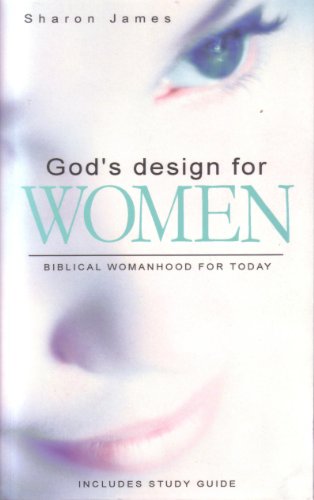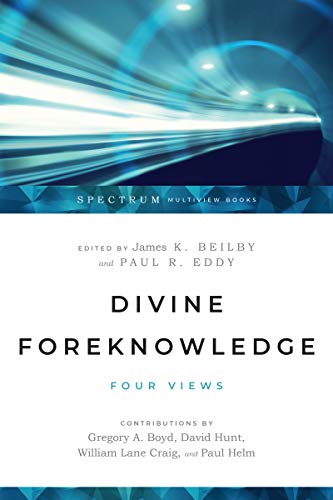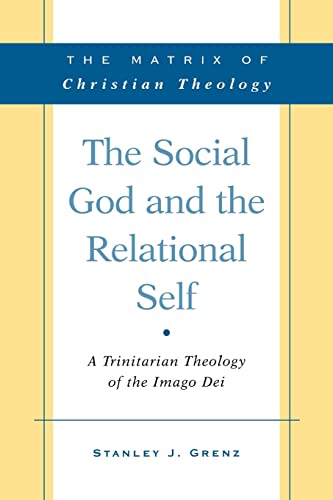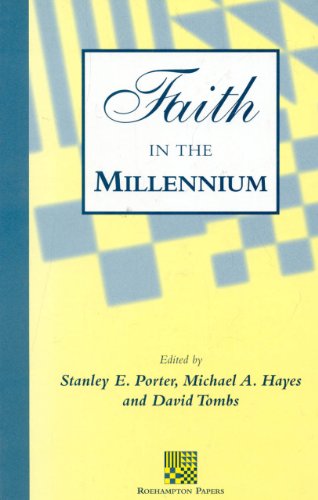If you are going to read one book on biblical womanhood this should be it. Sharon James’ book is clearly born out of years of study as well as years of experience in a pastoral context. Its readability and comprehensiveness means that it deserves to be the book on your church bookstall for women to read as a starting point on these issues, and any man—particularly those ministering to a mixed congregation—would do well to read it too. It will save you reading half a dozen other books and will provide you with lots of ideas on how you can encourage and use the women in your church more effectively.
The most striking feature of the book is its comprehensiveness. James covers feminist ideology and its influence, women’s ministry, singleness, motherhood, work, marriage, gender differences and a biblical view of beauty, not to mention incredibly insightful and useful short excursi on handling issues such as abuse, abortion, single motherhood, widowhood, lesbianism, infertility etc. are all covered in this book. There are a number of excellent books written on some of these areas (and James helpfully recommends further reading at the end of each chapter in addition to a thorough annotated bibliography) but none that cover them all in such a readable way. You are left wanting to read further on some areas, but in no way feeling any issue is treated superficially. In some senses the book is a handbook to women and Christianity.
James expounds a complementarian position on the sexes and does so extremely constructively and practically, reserving the details of the theological debate for an appendix (entitled ‘Evangelical Feminist arguments for women as elders or equivalent’). Whatever your current views are, you cannot help but be sharpened and challenged by the pattern she describes. It does not easily fit the caricature of the complementarian position and in another appendix she examines three models of marriage, firmly rejecting a ‘chain of command’ model in favour of a complementarian view stressing both mutuality and leadership/submission. She is gracious to those of a different standpoint and fair in engaging with their views. Nonetheless she is concerned to find and present the biblically correct view, not content to fudge the issues or sweep them under the carpet for the sake of a cheap unity.
James is also wonderfully challenging in her over-riding concern for gospel ministry and the urgency of reaching the lost for Christ. It is this, above all, that informs all the sections and puts a right perspective on many sensitive subjects. Often those with a strong concern for an issue such as biblical womanhood become obsessed with it as the key issue in the Christian church today. James is clear what the issue is—preaching the gospel, and she gives many practical ways in which women can contribute to this central task of the Church.
James handles issues sensitively, Scripture competently, and brings a fresh perspective and challenge to each area she tackles. My one small quibble would be over her treatment of 1 Timothy 2:15 which is slightly confusing. Although the view she espouses is plausible, it is sufficiently complicated that mentioning other possible interpretations could be a help to the sceptic.
I took the book on holiday and my husband, mother and sister all read parts of it (it is eminently suited to that) and found it extremely helpful. Buy it, read it and recommend it widely. The questions at the end of the chapters make it especially suited to group study. Women need this kind of positive encouragement to biblical living, and men need to know how to give it to them.
Laura Jervis
Paris






